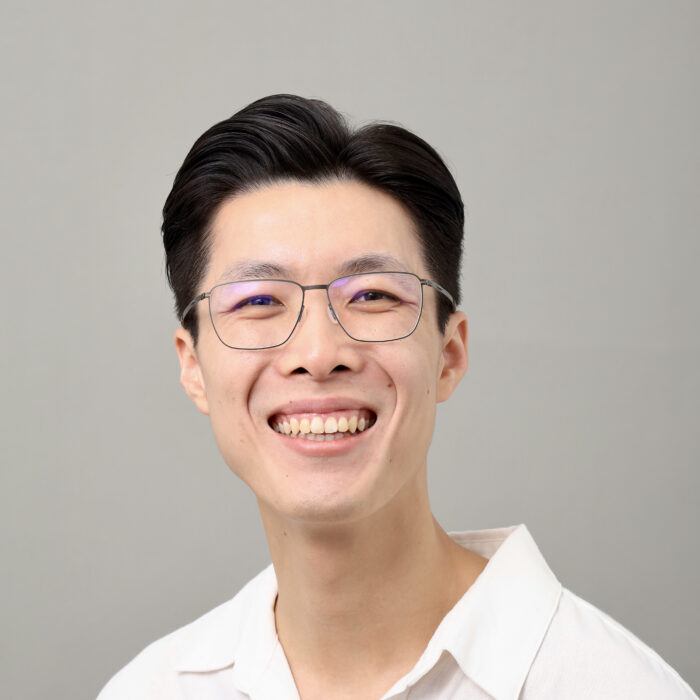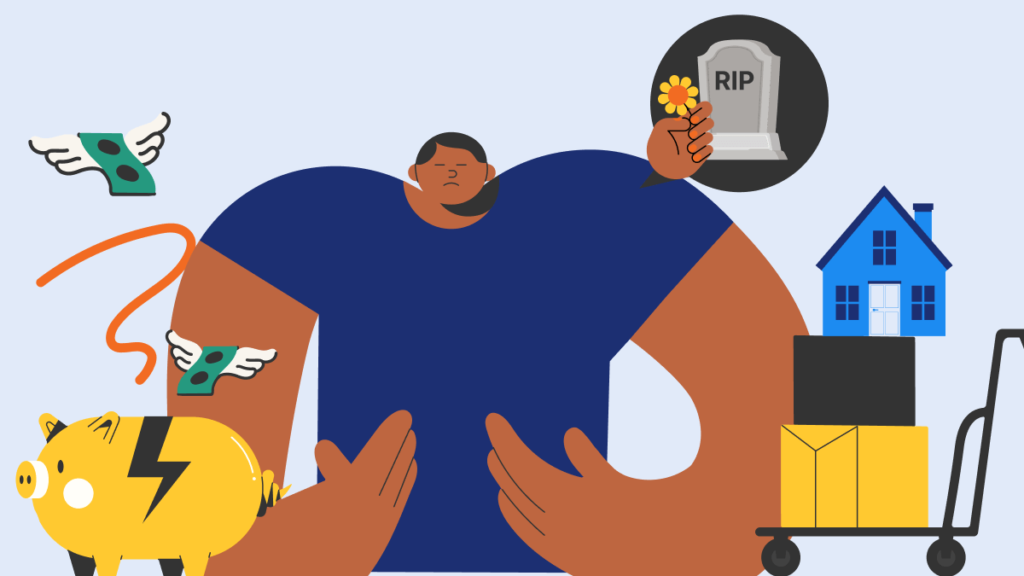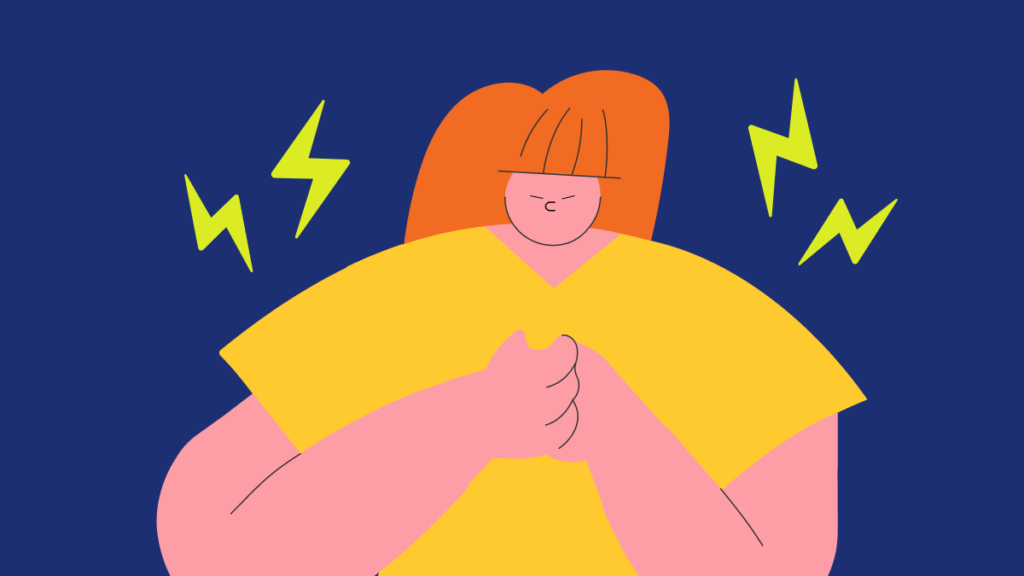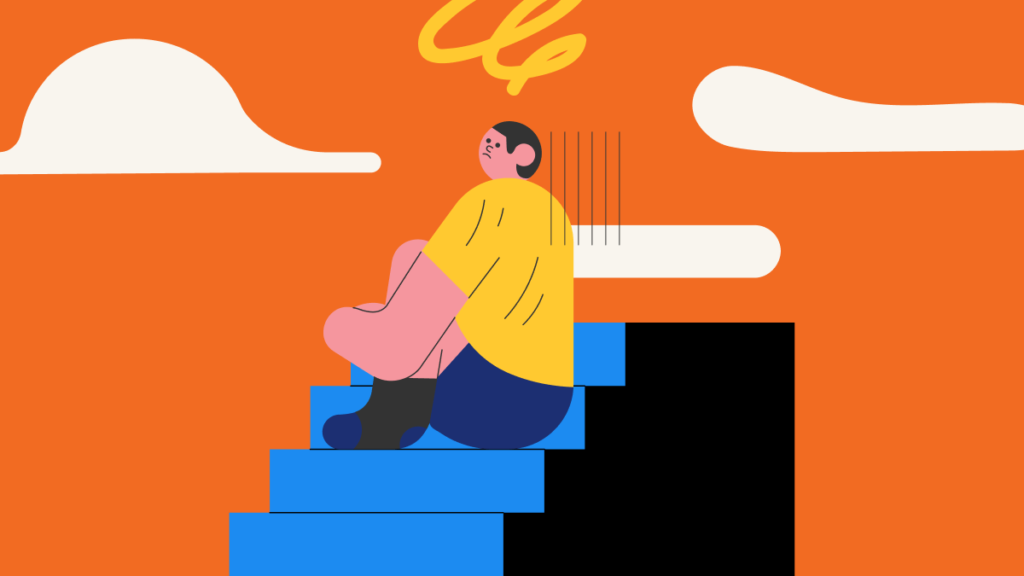If you’ve ever found yourself wide awake at 3 am, staring at the clock and counting down the hours left to your alarm, you’re not alone in facing insomnia.
According to the Centers for Disease Control and Prevention (CDC), most adults need about 7 to 8 hours of quality sleep per night. However, in Singapore, only one in four manage that. Even more eye-opening, nearly three in ten Singaporeans are dissatisfied with their sleep quality and quantity, especially those over 45.
Yet, a 2024 study found that a whopping 74% of Singaporeans have never sought professional help for their sleep issues. And while only 5% of Singaporeans have been diagnosed with a sleep disorder, many struggle with insomnia silently.
Symptoms, effects, and causes of insomnia
According to the Diagnostic and Statistical Manual of Mental Disorders, 5th Edition (DSM-5), insomnia is a sleep-wake disorder characterised by dissatisfaction with sleep quantity or quality, often marked by:
- Difficulty falling asleep.
- Trouble staying asleep (frequent awakenings or struggling to fall back asleep).
- Waking up too early and not being able to return to sleep.
If any of this sounds familiar, you might also recognise the ripple effects insomnia can cause in your life. It doesn’t just stop when you crawl out of bed—it follows you through the day, manifesting as exhaustion, delayed reflexes, memory issues, trouble concentrating, and even disruptions in your mood or work performance.
But what causes insomnia? The reasons vary widely, from genetic predispositions and individual brain activity to lifestyle choices like caffeine consumption and irregular napping. Medical conditions, mental health issues, as well as stressful life circumstances and lifestyle changes can also play a role.
For instance, you might lose sleep while adjusting to a new time zone or before a big presentation. But when does the occasional sleepless night morph into chronic insomnia?
Insomnia diagnosis in Singapore
Experts classify insomnia into two main types: primary insomnia, which occurs independently of other conditions, and secondary insomnia, which is linked to other health issues. Insomnia can also be either acute (short-term) or chronic (long-term), with chronic insomnia often referred to as insomnia disorder. (Chronic insomnia rates in Singapore range between 10% to 15%.)
According to the DSM-5, an individual may be diagnosed with insomnia disorder if their persistent dissatisfaction with sleep:
- Occurs despite adequate opportunity for sleep
- Occurs at least three nights per week
- Occurs for at least three months
- Significantly affects their ability to function socially, professionally, or academically.
What makes insomnia diagnosis tricky is that the sleep problem shouldn’t be better explained by another disorder or condition, and it must not be linked to substance use. Given these complexities, self-diagnosis can be unreliable, and in Singapore, only clinical psychologists or psychiatrists are qualified to diagnose insomnia.
At Intellect Clinic, experienced clinical psychologists can provide a comprehensive assessment to determine whether you’re dealing with insomnia disorder.
Insomnia treatment in Singapore
So, how do you beat insomnia? The good news is, there are several effective treatments involving psychotherapy, medication, or both. For many, the gold standard is Cognitive Behavioral Therapy for Insomnia (CBT-I).
CBT-I
CBT-I, which focuses on changing the thoughts and behaviours that fuel sleeplessness, is recommended as the first-line treatment for chronic insomnia by The American College of Physicians. Some key techniques used in CBT-I are:
- Stimulus control: Feeling wide awake and anxious about not sleeping? Try getting out of bed and doing a relaxing and non-stimulating activity until you feel sleepy again to break the cycle.
- Sleep Restriction: By limiting the amount of time you spend in bed and slowly increasing it, this method helps regulate your sleep patterns.
- Bright Light Therapy: Exposure to bright light at specific times in the morning or evening helps reset your body’s internal clock, aiding your sleep-wake cycle.
CBT-I also promotes better sleep hygiene—habits like reducing caffeine intake, limiting screen time before bed, and establishing a calming bedtime routine. Additionally, CBT-I can also address underlying mental health difficulties, such as anxiety and depression, which can worsen insomnia.
If behavioural changes aren’t enough, and medication is necessary to help manage insomnia, at least in the short term, we can also refer you to a psychiatrist within our network.
Manage insomnia at Intellect Clinic
At Intellect Clinic, insomnia treatment is tailored to the specific causes of your sleeplessness.
50-minute sessions with our counsellors and clinical psychologists are priced at $160 and $240 (Singapore dollars) respectively, and we offer appointments at our clinics in:
- Marina One
- Dhoby Gaut
- Tanjong Pagar
- Woodleigh
- Tembeling









